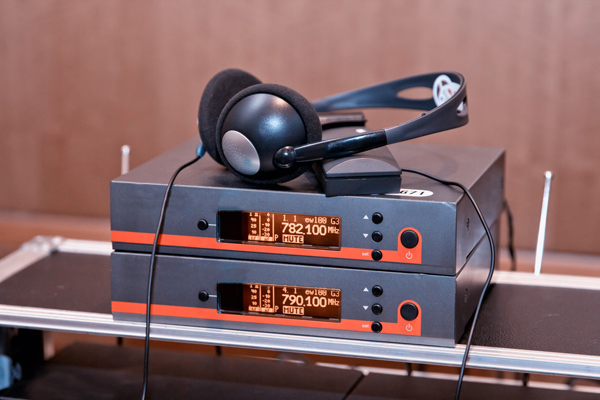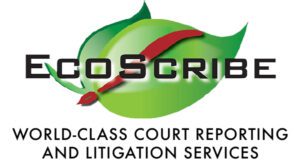Court reporting is essential to the legal system, providing a precise and accurate record of court proceedings. Traditionally, court reporting was done by stenographers, who used shorthand to capture every word spoken. However, with technological advancements, digital court reporting has become a popular alternative to stenography. In this article, we will explore the difference between a digital court reporter and a stenographer.

Court Reporting Technology and Stenography Equipment
One of the most significant differences between digital court reporting and stenography is the method used to capture the spoken words. A stenographer uses a steno machine to write phonetic sounds, phrases, and words on a steno machine. They then translate the shorthand into readable text, making necessary corrections and adjustments. In contrast, a digital court reporter uses specialized software and equipment to record and transcribe the proceedings. The software converts the audio recording into text, which the digital court reporter can edit and format.
Transcription Speed
Another significant difference is the speed at which the two methods can capture and transcribe spoken words. Thanks to the shorthand system, a stenographer can type at speeds of up to 225 words per minute. This speed is crucial in high-pressure court settings, where judges and attorneys speak quickly. In contrast, a digital court reporter can capture the audio recording of the proceeding and transcribe it at a later time, allowing them to work at their own pace. However, the speed of transcription can vary depending on the quality of the audio recording and the complexity of the legal terminology used.
Precision and Accuracy
Accuracy is another important factor in court reporting. Stenographers are highly trained professionals who must pass certification exams to become certified. They are skilled in capturing every word spoken using shorthand, and their transcripts are usually considered highly accurate, but the speed required can result in mistakes. In contrast, digital court reporters rely on technology to transcribe the audio recordings, making it challenging to create accurate transcription. However, digital court reporters can review and edit their transcripts to ensure accuracy, while stenographers must record live legal proceedings.
Training and Equipment Costs
Cost is another significant difference between digital court reporters and stenographers. Stenographers must purchase and maintain expensive steno machines, which can cost up to $5,000. Additionally, stenographers must attend specialized training to learn the shorthand system, which can be time-consuming and expensive. In contrast, digital court reporters only need specialized software and audio recording equipment, which can be purchased for a fraction of the cost of a steno machine. Additionally, digital court reporters do not require specialized training, making it a more accessible career option.
Remote Court Reporting Advantages
Finally, digital court reporting has some advantages over stenography in certain situations. For example, digital court reporting is ideal for remote court proceedings, where the reporter can capture the audio recording from a remote location. Additionally, digital court reporting allows for easy editing and formatting of transcripts, making creating accurate and polished final copies easier.
Difference Between a Digital Court Reporter and a Stenographer
When looking at the difference between a digital court reporter and a stenographer, there are also similarities. Both play an essential role in the legal system. While stenography is still the preferred method in many court settings, digital court reporting is becoming increasingly popular due to its lower cost and greater flexibility. Ultimately, the choice between a stenographer vs digital court reporter will depend on the specific needs of the court or legal proceeding.
Remote Digital Court Reporters
If you need transcription, remote court reporting or videotaped depositions, contact our team at EcoScribe Solutions. We have experienced digital court reporters for in-person and remote depositions in Boston, New York, and throughout the country. Contact us today for more information.

